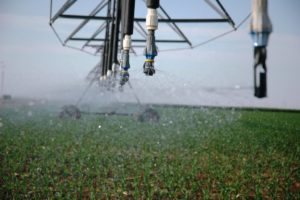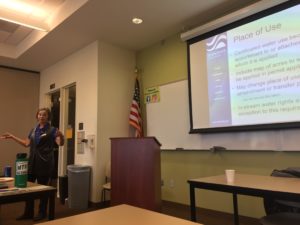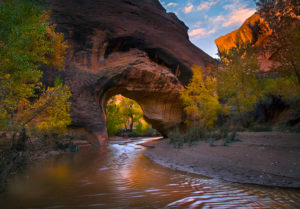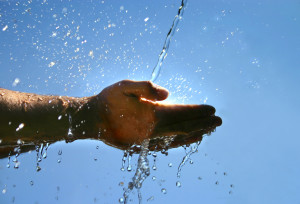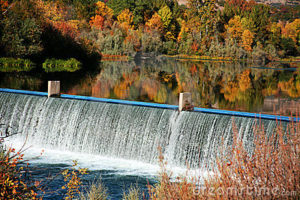Small Yard Flowers adapts during COVID-19

This post is one of a series highlighting the ways in which water users have adapted to life in the time of COVID-19.
In some painful ways the COVID-19 pandemic has stripped us of our ability to celebrate with those we love. Arielle Zamora of Small Yard Flowers in the St. Johns neighborhood of Portland, OR has seen this unfortunate trend firsthand.

“The wedding industry is totally turned upside down and looks nothing like it used to,” Zamora said. “Other florists and myself have lost a majority of our 2020 wedding clients. 2021 is up in the air as well. There are less florists buying wholesale flowers from farmers, so overall there has been a huge decline in the industry.”
A staple of celebrations, the floral industry provides a service typically used in large scale gatherings of the type banned in many states since the pandemic began earlier this year. As a small business using drip irrigation to cultivate locally grown and organic flowers, this has been especially tough on Small Yard Flowers. Zamora has remained positive, however, and has had to get inventive to keep her business afloat.
“I’ve made direct connections with other florists who have shops,” Zamora said. “I am providing weekly deliveries so I’m able to supply them with flowers. Additionally I’ve opened my own web store for people to order flower deliveries directly from me and my farm: https://www.smallyardflowers.com/.”
The need for joyful celebration remains constant, even in this COVID-19 era, and we are grateful for businesses like Zamora who are still producing and creating in the midst of the pandemic. Though times have been tough, Zamora is looking forward to the future. “I am looking forward to when normal sized weddings can take place and there will be the high demand for quality flowers again,” Zamora said. “I’m also looking forward to reconnecting with friends and professionals in my industry.”
To see more spotlights of those in the agriculture industry, sign up to follow the Schroeder Law Offices, PC blog.

